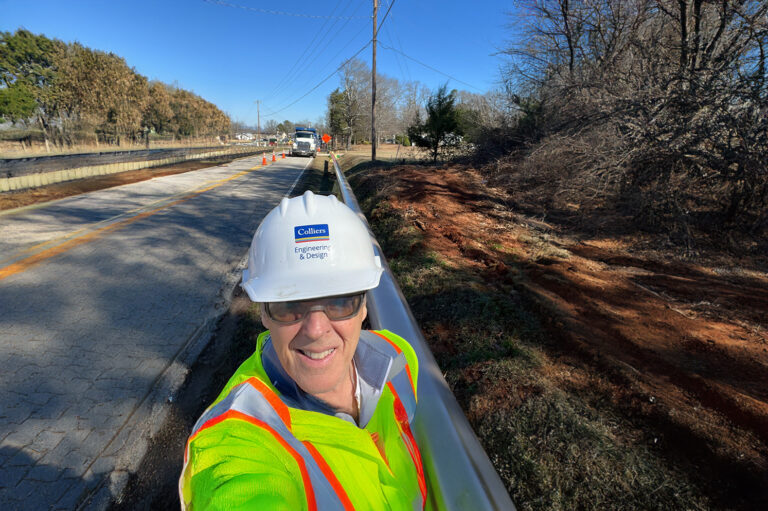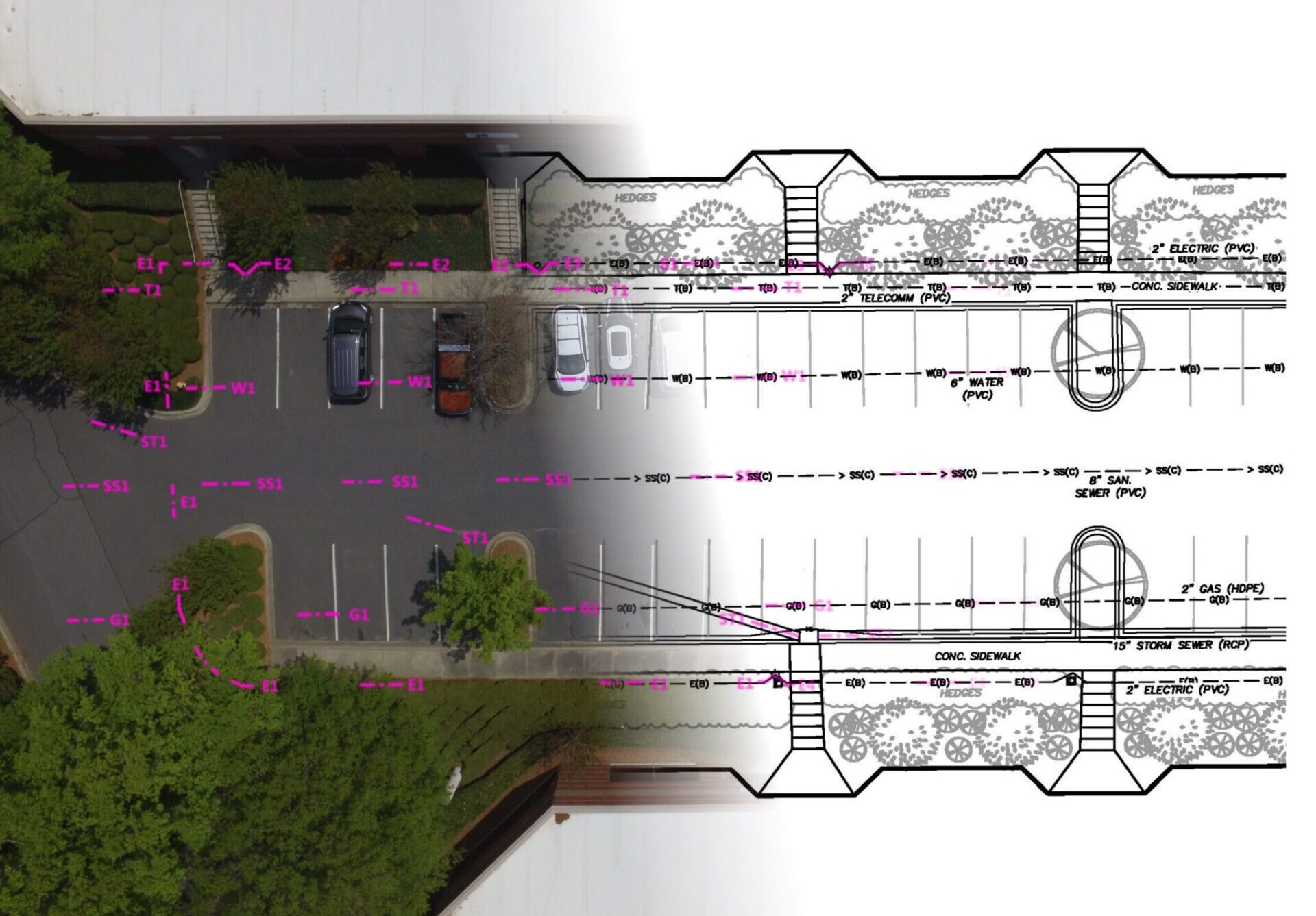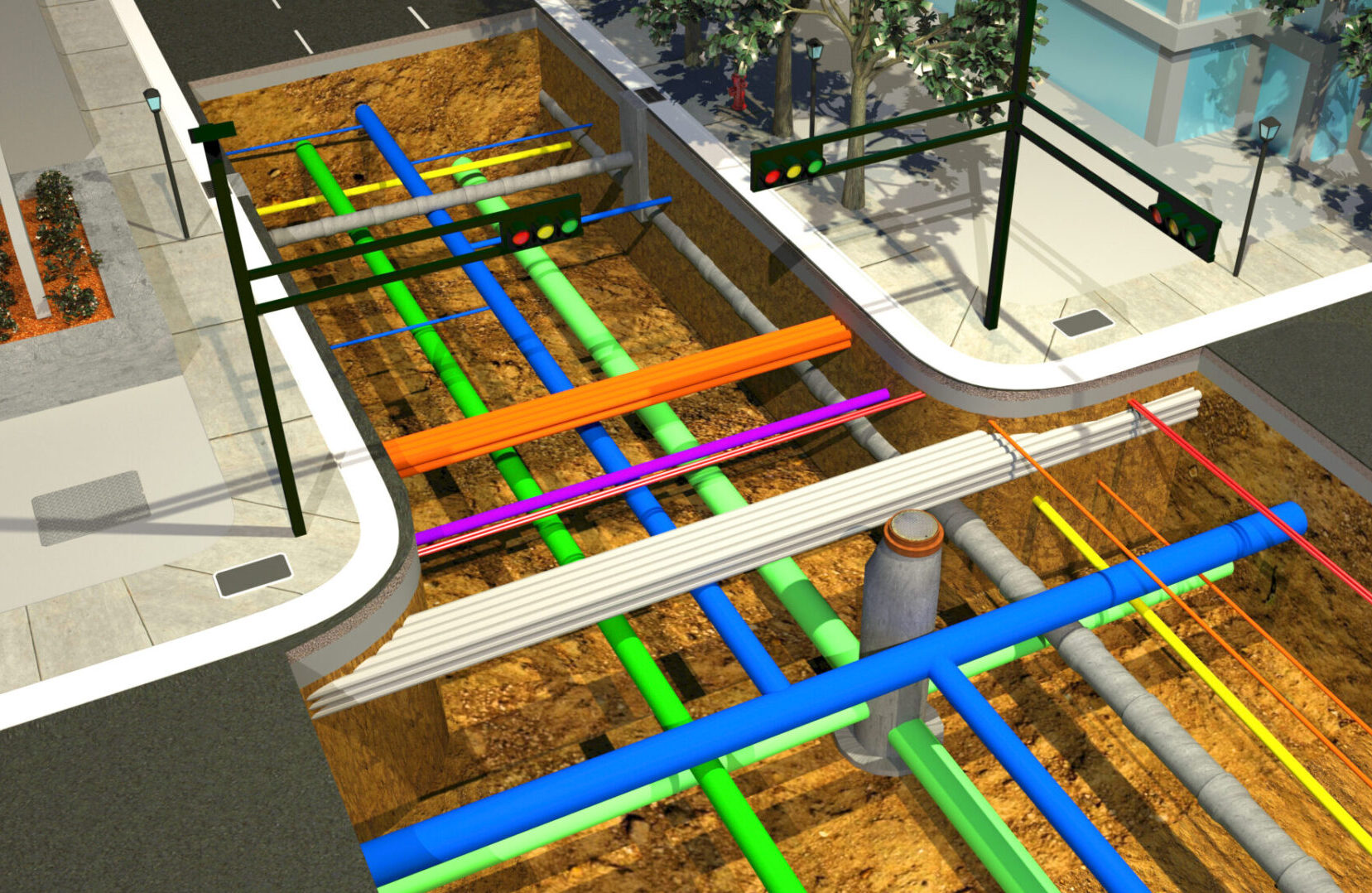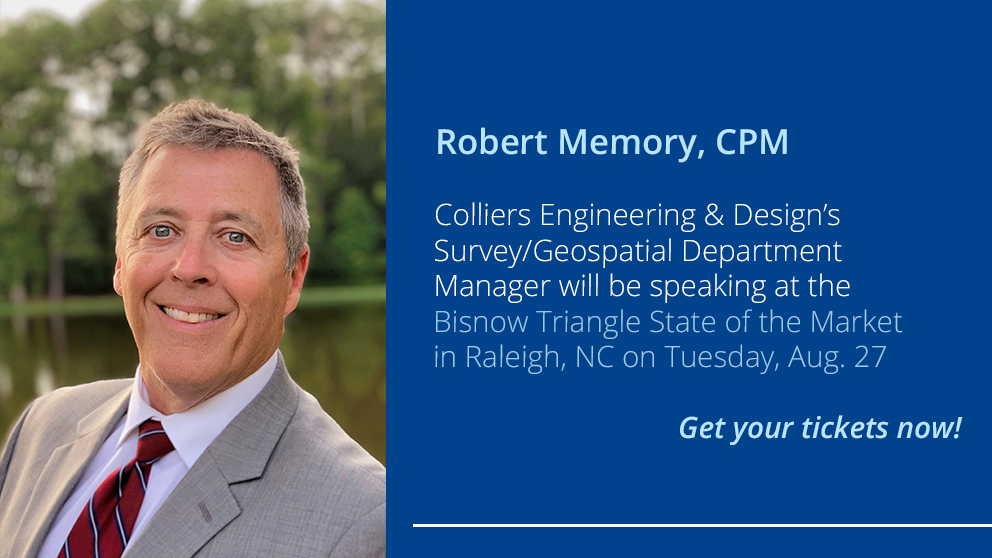Why Developers Should Partner with a Utility Coordinator Before Breaking Ground

When you are driving on your local highway, are you aware of how many utilities you pass? Some are easy to spot above ground, like utility poles, electrical wires and water towers, but many more are run underground.
Across the nation, local agencies are working to update their aging infrastructure. As replacements and redesign are underway, utility lines are being discovered, some new and some that remained undesignated for decades.
Projects of all sizes and types need to consider utility location when breaking ground. Contractors and project managers can agree that there is a fear that utility delays could impact their project schedules. That’s where hiring a Utility Coordinator comes in.
What is a Utility Coordinator?
 Utility coordinators are a vital resource in project launches, especially when involving a project that has above ground utilities and/or utility lines below ground. Robert Memory, CPM, Survey Department Manager at Colliers Engineering & Design and former State Utility Agent with the North Carolina Department of Transportation (NCDOT) explained the roles coordinators take in a project’s development.
Utility coordinators are a vital resource in project launches, especially when involving a project that has above ground utilities and/or utility lines below ground. Robert Memory, CPM, Survey Department Manager at Colliers Engineering & Design and former State Utility Agent with the North Carolina Department of Transportation (NCDOT) explained the roles coordinators take in a project’s development.
“Utility coordinators, like me, are trained in navigating the complexities of identifying utility conflicts above or that lie beneath the surface,” Robert explained. “Sometimes, when a project is already underway, our teams are called in and we have to move a utility out of the way of a design which can lose critical time while adding costs to the project. However, if we are involved during the conceptual phase, we have the ability to guide the client in advance since adjusting their design, even as little as a few feet in a different direction, can make a big difference in avoiding costly utility relocations. This early involvement also provides adequate time to coordinate with the utility companies to budget and schedule relocation work prior to construction.”
Throughout his career, Robert has managed over 100 NCDOT utility coordination projects. He has also been a previous active executive board member of the American Association of State Highways and Transportation Officials (AASHTO) covering utility related issues, with previous roles including the Chair of the R/W Utilities, Scoping & Mapping; Committee Member on Utility Safety; and Current Committee Member on Utility Projects, Scoping & Coordination; Committee Member on Utility Mapping, Geographic Information Systems (GIS) & SUE; and Committee Member on Utility Coordination, Relocation & Subsurface Utility Engineering (SUE). SUE is an investigative process endorsed by the ASCE that employs multiple approaches to help eliminate unexpected utility conflicts and unnecessary relocations using a non-destructive process to safely locate and designate underground utilities.
According to Robert, there are several industries that would benefit from having a utility coordinator present during the initial planning phases. Speaking from his industry experience, these are the top five project types that should consider having a utility coordinator on the team:
1. Bridges & Roadway Infrastructure.
Bridge sites and roadways also share space with existing utilities, for example water and gas lines, running underneath the surface. Although relocating a utility sounds like a simple solution, it involves an in-depth and long process. One the US Federal Transit Administration (FTA) calls utility relocation “one of the greatest risk factors to the schedule and cost of transit projects.”
The US Department of Transportation Federal Highway Administration (FHWA) agrees with Robert, stating that, “Utility coordination is critical to safely and efficiently completing any transportation project.”
On a highway infrastructure project, utility issues can delay project schedules and greatly increase project costs. Utility delays increase construction schedules that expands the life of the project that is subject to increase accidents for commuters and highway workers. Robert added, “When it comes to critical infrastructure, you want to complete your projects as soon as possible. We don’t want to relocate a utility unnecessarily, but we do want to make sure any utilities located above and/or underground are in safe and properly managed conditions.”
2. Water/Wastewater Projects

Both drinking water and wastewater projects are vital to the health of the environment and communities around them. With many municipalities and local agencies beginning to upgrade their facilities and waterlines, Robert says utility coordinators should be a part of these projects to avoid a potentially dangerous and costly mistakes.
“Sometimes, utilities are accidentally installed intersecting one another, creating a cross-bore which can result in a hazardous situation,” he said. “There is no way to know if this situation exists unless you dig it up. Even if you are upgrading the utilities and not searching for new locations, it is important to know what is underground. We have the knowledge and ability to bring SUE teams in to investigate a site.”
You can learn more about cross-bores on the Colliers Engineering & Design blog.
3. Broadband and Fiber Implementation
Despite most of our world being powered by the world wide web, there are parts of the country that are working diligently to give their community internet access. With the Biden Administration’s Infrastructure Investment and Jobs Act, billions of dollars in funding are available to install the utilities across the nation.
For new sites, a utility coordinator is responsible for facilitating the infrastructures right-of-way (ROW), according to a FWHA and DOT rule on broadband infrastructure deployment. During installation, it is also critical to not interfere with other utilities in the area.
“Since broadband and fiber are newer utilities on the market, it is important to work with a utility coordinator to ensure a proper installation process not interfering with other providers,” explained Robert.
4. Natural Gas
 Natural gas has risen in popularity among energy utility providers, since it is a cleaner energy source in comparison to coal and oil. Today, natural gas accounts for 30% of the energy used in the United States, with the average household utilizing it for heating and cooking according to the US Energy Information Administration.
Natural gas has risen in popularity among energy utility providers, since it is a cleaner energy source in comparison to coal and oil. Today, natural gas accounts for 30% of the energy used in the United States, with the average household utilizing it for heating and cooking according to the US Energy Information Administration.
“The natural gas industry is not going away any time soon,” said Robert. “Coal and oil powerplants across the South need to find a replacement resource, and natural gas has taken its place. Utility coordinators should work on these projects to not only ensure new facilities are installed safely in the DOTs rights of way and can also work with the gas industry as a liaison for DOT permitting to help accelerate project delivery.”
5. Land Development
Transforming a project site into a structure can quickly become a lengthy process. From permitting to various environmental studies, Raleigh’s residential, commercial, industrial and mixed-use property developers have a lot to consider for a project’s development. The Common Ground Alliance, an industry leader in underground infrastructure damage prevention, recommends project or facility site owners to partner with utility coordinators for the safety of everyone involved.
“As with any project, it is advantageous that developers consider the use of professional utility coordination services. In my professional career, utility coordination has been successful in expediting project delivery for commercial development,” said Robert. Adding, “These milestones are met based on proper utility relocation scheduling and the coordinators understanding logistics in relocating utilities. It also provides a safe working area by avoiding utility hits such as gas and electrical facilities. “
Moral of the Story: Always Involve a Utility Coordinator
Whether it is a small-scale site or a large-scale installation, all projects would benefit from insights from a utility coordinator.
“Utility coordination is a vital part of any project, and coordinators are more than happy to help save time and money for a client who brings us in early,” Robert said.

